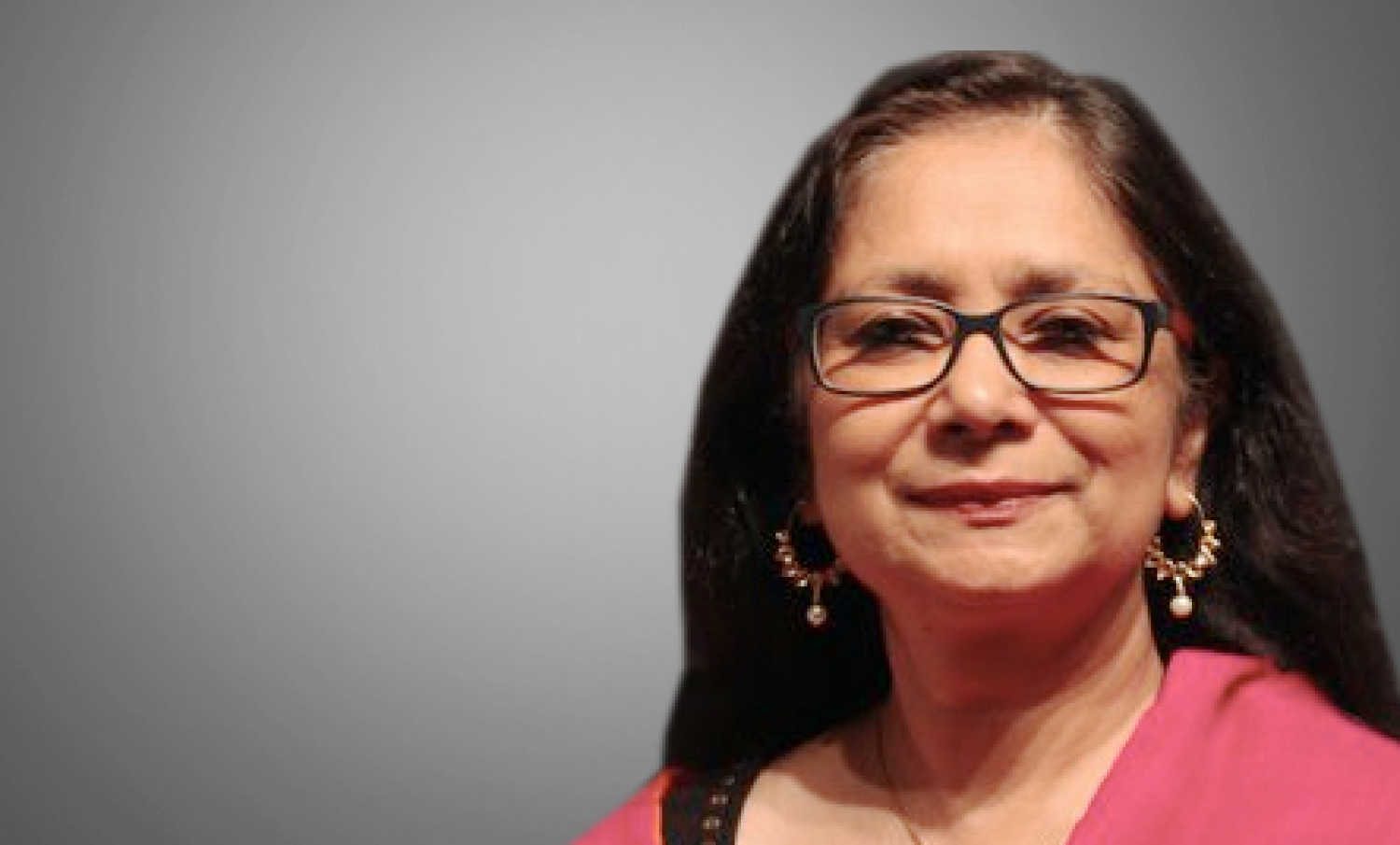Basu, a documentary filmmaker, is known for films like Dry Days In Dobbagunta (1995), Mothers Of Malapuram (1996), Michael Jackson Comes To Manikganj (2000), Velvet Revolution (2017), amongst several others.
Win people's hearts when you make a documentary: Nupur Basu at IAWRT Asian Women's Film Festival
New Delhi - 06 Mar 2018 10:00 IST
Updated : 13:41 IST


Sukhpreet Kahlon
Award winning filmmaker and journalist Nupur Basu has worked as a print and television reporter with various channels and publications, including NDTV.
Her documentary films include Dry Days In Dobbagunta (1995), Mothers Of Malapuram (1996), Michael Jackson Comes To Manikganj (2000), Velvet Revolution (2017), amongst several others.
On the opening day of the IAWRT Asian Women's Film Festival, Basu inaugurated the first Filmy Adda with her session titled 'Pitching for Documentaries - getting that win-win combination.' The session, which was attended by film students and young filmmakers focused on the art of pitching a film, a key skill for filmmakers.
Basu began the session with "passion and preparation", highlighting the elements crucial for any serious filmmaker. Answering concerns about being trained in the art of filmmaking, Basu described her own journey as a documentary filmmaker and journalist where she trained herself and always pushed herself to acquire new skills. She also emphasized on the importance of demystifying technology and not being daunted by it.
IAWRT Asian Women's Film Festival is challenging status quo: Festival director Aradhana Kohli Kapur
She recounted the experience of pitching her first film, Dry Days In Dobbagunta, which captured the women's movement against alcohol in Andhra Pradesh and Karnataka. Through the film, she talked of the importance of choosing one's subject matter, protagonists, and focus, while underlining strategies for pitching a concept.
Talking about the ways to pitch a film, Basu emphasized on the story as being at the centre of the film. She said, "Get the correct story. Stories are everywhere but which one are you going to want to tell the world?"
She next focused on the treatment of the film saying, "Know who your characters are. Films are about the human condition. Things aren't in black and white and films should reflect that."
Thought-provoking Indian shorts at IAWRT Asian Women's Film Festival
Talking about documentary films in particular she said, "Documentaries need dilemmas, they need tension." She then spoke about the ethics of films, dissuading young and aspiring filmmakers from making films just for the sake of getting awards and sacrificing their ethics.
The last part of the session involved an interesting group activity where the participants were broken up into groups and a pitch session was simulated. Each group had to pitch a film idea, describe the treatment, give the budget and offer a convincing argument about why the film must be accepted. She offered constructive feedback to each of the groups pointing out ways in which their pitch could have been better and more likely to be accepted.
The informative and engaging session was wrapped up by a fundamental lesson when Basu concluded, "You have to win people's hearts when you make a documentary."
Related topics
IAWRT Asian Women's Film Festival

